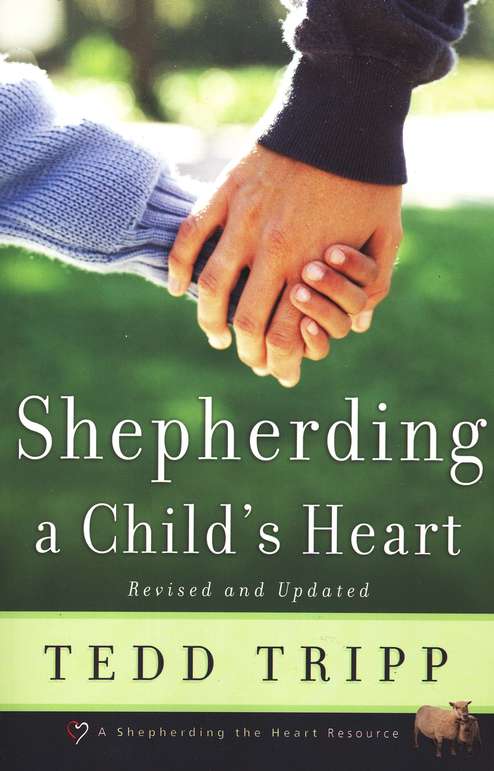 We continue our synopsis of Tedd Tripp’s book “Shepherding A Child’s Heart” with a look at the first chapter titled “Getting to the Heart of Behavior.” This chapter starts out with a reminder of what Proverbs 4:23 declares to be the truth of God:
We continue our synopsis of Tedd Tripp’s book “Shepherding A Child’s Heart” with a look at the first chapter titled “Getting to the Heart of Behavior.” This chapter starts out with a reminder of what Proverbs 4:23 declares to be the truth of God:
“Above all else, guard your heart, for it is the wellspring of life.”
That Proverb becomes the basis for Chapter 1 and the rest of the book. In Tedd Tripp’s words, “The scripture teaches that the heart is the control center for life.”
So, what does this have to do with parenting? Tripp explains that our kids’ actions, everything they do and say, reflcts what is in their hearts. In other words, behavior is not the end all and be all when it comes to parenting. The fundamental issue to parenting, if we really want to help our kids, is what is going on in the heart.
I personally found the following excerpt from Chapter 1 very convicting:
“A change in behavior that does not stem from a change in the heart is not commendable; it is condemnable. Is it not the hypocrisy that Jesus condemned in the Pharisees? In Matthew 15, Jesus denounces the Pharisees who have honored him with their lips while their hearts were far from him. Jesus censures them as people who wash the outside of the cup while the inside is still unclean. Yet this is often what we do in child rearing. We demand changed behavior and never address the heart that drives the behavior.”
Tripp explains that, as parents, we have to require proper behavior because it is commanded by God’s law. However, we must also ask the right questions of our children to ascertain the attitude of the heart that caused the bad behavior. Tripp discusses the example of one child taking a toy from another child (an every day, every minute kind of occurrence in my house). As parents, most of us would ask which kid had the toy first, and punishment becomes an issue of justice. When we look at the heart attitude of the children, they are both guilty of being selfish. It changes our whole outlook on the situation.
Tripp points out that, since all behavior is linked to heart attitudes, all discpline must likewise address the heart attitudes. Tripp explains:
Your concern is to unmask your child’s sin, helping him to understand how it reflects a heart that has strayed. That leads to the cross of Christ.”
In order to do this, it is not enough to punish the child or demand good behavior, we must, as parents, learn to engage our kids.
Personal Application
There is a quote in this chapter which I really liked. In describing a family following the principals of this book, Tripp explains that:
“The Bible and biblical truth blew through every conversation-not with stifling heat, but like a refreshing, life-giving breath.”
I pray that for my family and for yours!
<<LAST TIME: Introduction
Ch. 2 – Your Child’s Development: Shaping Influences: NEXT TIME>>

